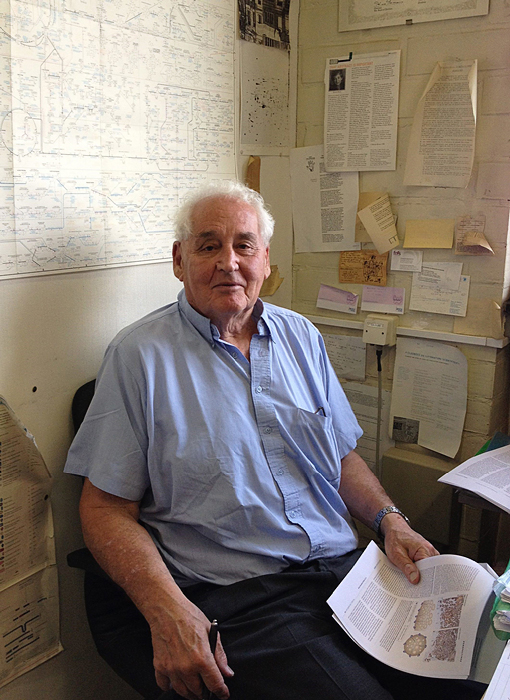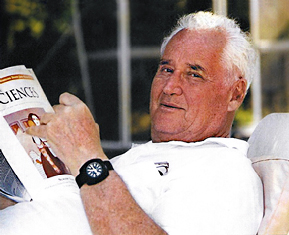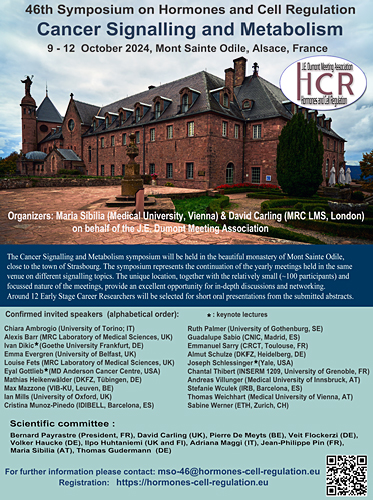46th Symposium on Hormones and Cell Regulation
J.E. Dumont Meeting Association
Cancer
signalling and metabolism
M. Sibilia, D. Carling
From 9 to 12 October 2024
Registration
0
0
Years
:
8
5
7
Days
:
0
1
Hours
:
0
0
Minutes
:
1
1
Seconds
:
0
0
Items
Sorry, the time is up.


















